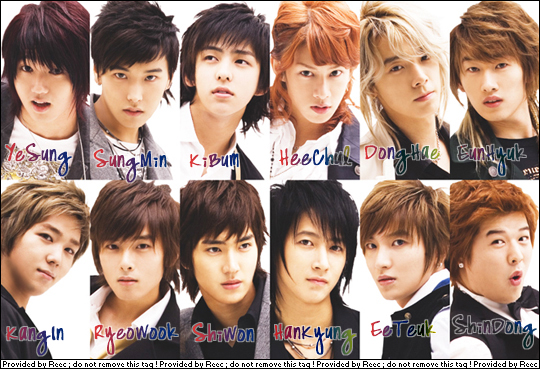This blog will be examining the 'Consuming Popular Music' article. This article explores Pop music as a commodity, exploitation of consumers, the music industry and whether popular music is a control or a protest.
What I found interesting about this article was the in the section, 'Popular music as protest or control?'
Miles describes how the Beatles went through a "lucrative revival," reproducing their previous record collections in newly re-reproduced recordings. He gives the example of the "Free as a Bird" recordings. Due to the success of this record, the Beatles earned 10 million pounds. A television documentary and books were released, which started the Beatles industry. I was particularly surprised that their videos, books, CDs and TV shows earned them more than $100 million. Reading this part of the article reminds me of the British boy band, One Direction. As of 2012, they have earned 40 million for their 12 million record sells. It is most likely that they are earning millions more in their concerts, documentaries, books, and other One Direction related stationary and goods. By manufacturing these commodities, the music industry is exploiting consumers to maximize their profits. However, I do understand that the music industry is only commodifying these music groups because they are popular among the fans and audiences who are the consumers that absolutely no problem buying One Direction commodities.
http://www.entertainmentwise.com/news/87777/One-Directions-2012-Earnings-Reach-40-Million
In addition, Miles argues that the music industry is manufactured and a programmed consumption. They present an "overall package," a final product for the fans who are obsessed with not only a band's music but also the members' looks, sexuality, personality. An example of this kind of excessive overall packaging of a music group is the Korean pop group, Super Junior. Although Super Junior is a Korean group that is active in Asia, the same "overall package" notions can also be applied to this group because the Korean music industry works in similar ways of the U.S music industry. Super Junior, a 12 member boy k-pop group, has little musical talent.
However, they have gained extreme popularity with their dancing, catchy lyrics, music videos, appearances in a variety of entertainment shows, concert tours in Asia, and their various masculine yet cute appearances and personalities. Despite their lack of musical talent, Miles's suggestion that musical forms have been diversified since Adorno's time in the 30s can be applied to their music as well. Super Junior songs were once considered original songs and formats but all the other k-pop groups began to follow the same style as Super Junior and the songs by k-pop groups became manufactured, superficial, and repetitive.
As a result, popular singers and groups have become commodified in the music industry to maximize profits. But without the popular demand by fans, popular groups as commodities would not be a lucrative business. Also, the industry manufactures boy bands or pop groups and sells them as an overall package to the consumers so that fans will become obsessed with every aspect of their "products," the musical groups.

It's interesting that we keep returning to K-pop, both in section and in lecture. The growing worldwide popularity of these girl/boy groups seems to overturn some of what Miles says about "world music" in his article. He seems to be thinking of fairly obscure, perhaps more folk-oriented music (something like the Ugandan musician Samite, who I performed with in college). What Miles calls dance music is also now a multimillion dollar industry, less subculture than mainstream.
ReplyDelete